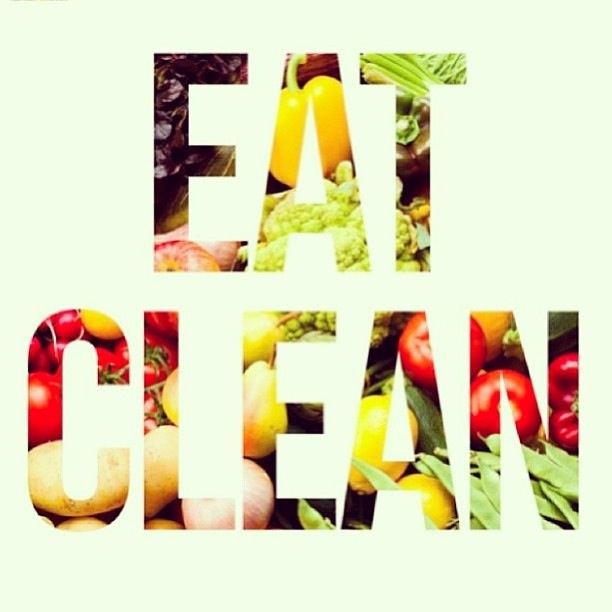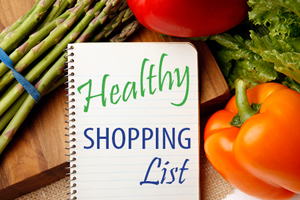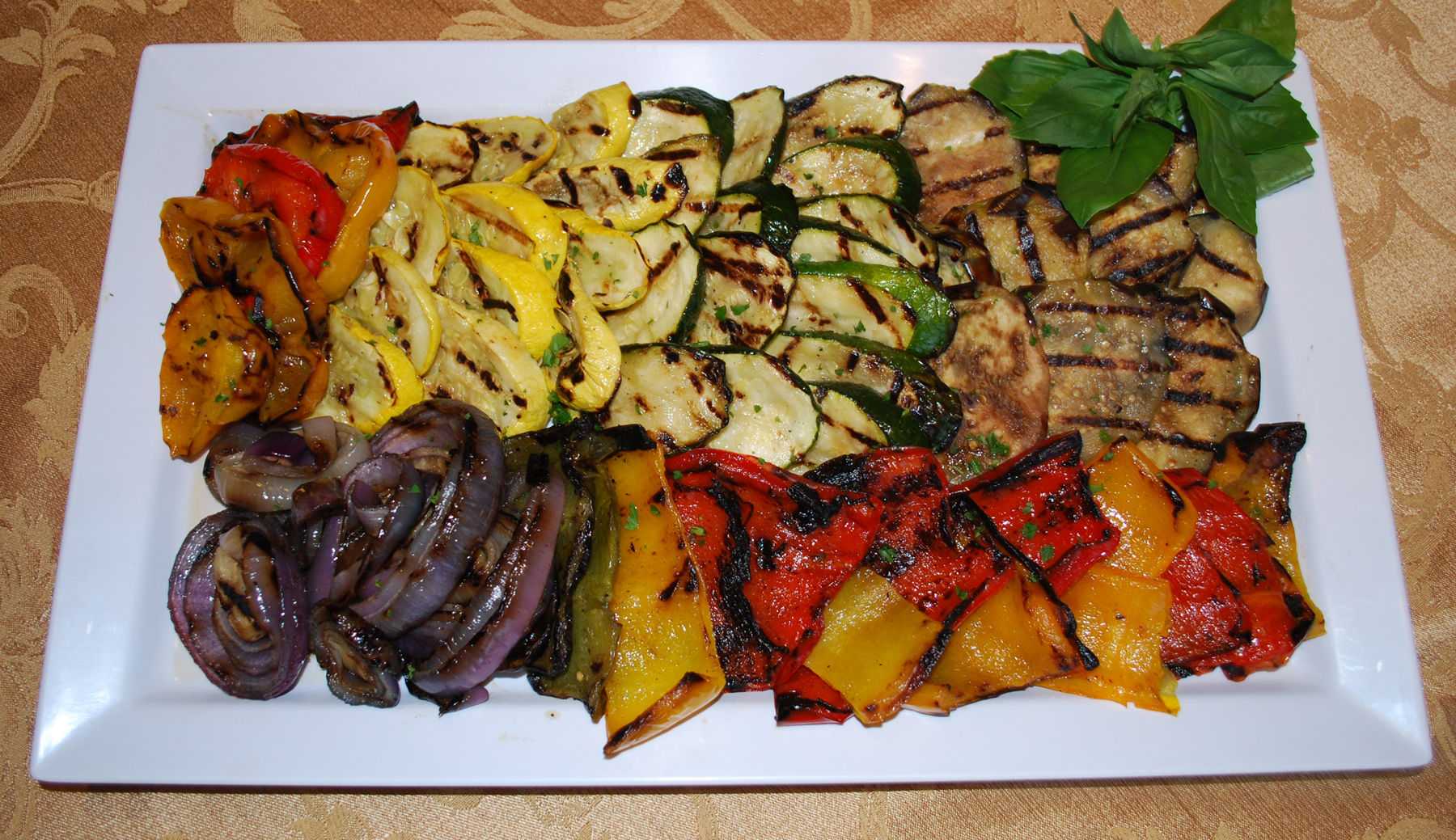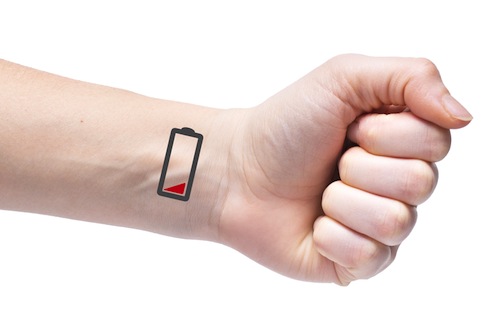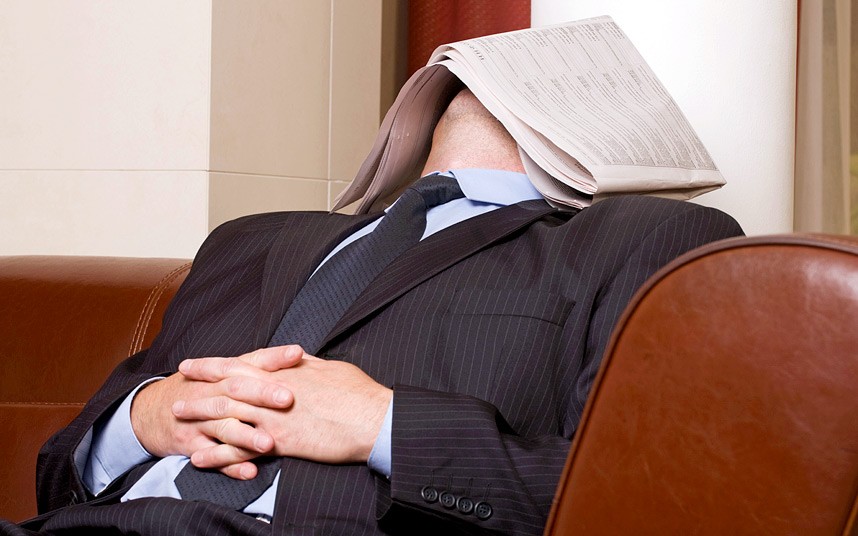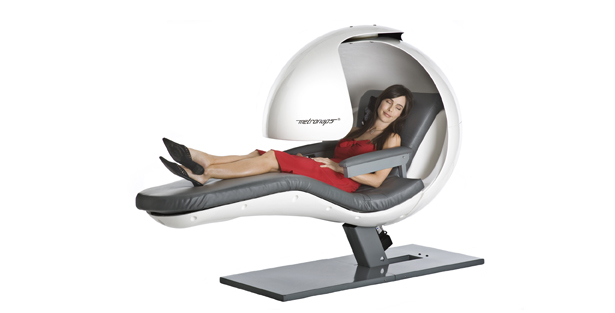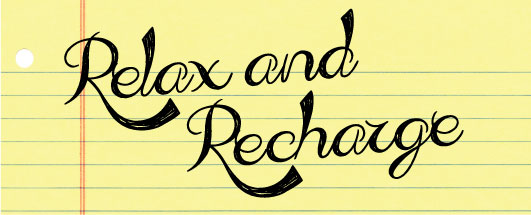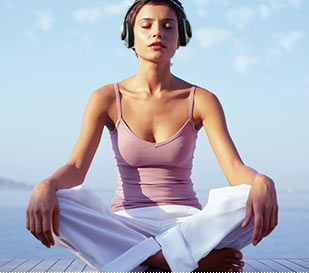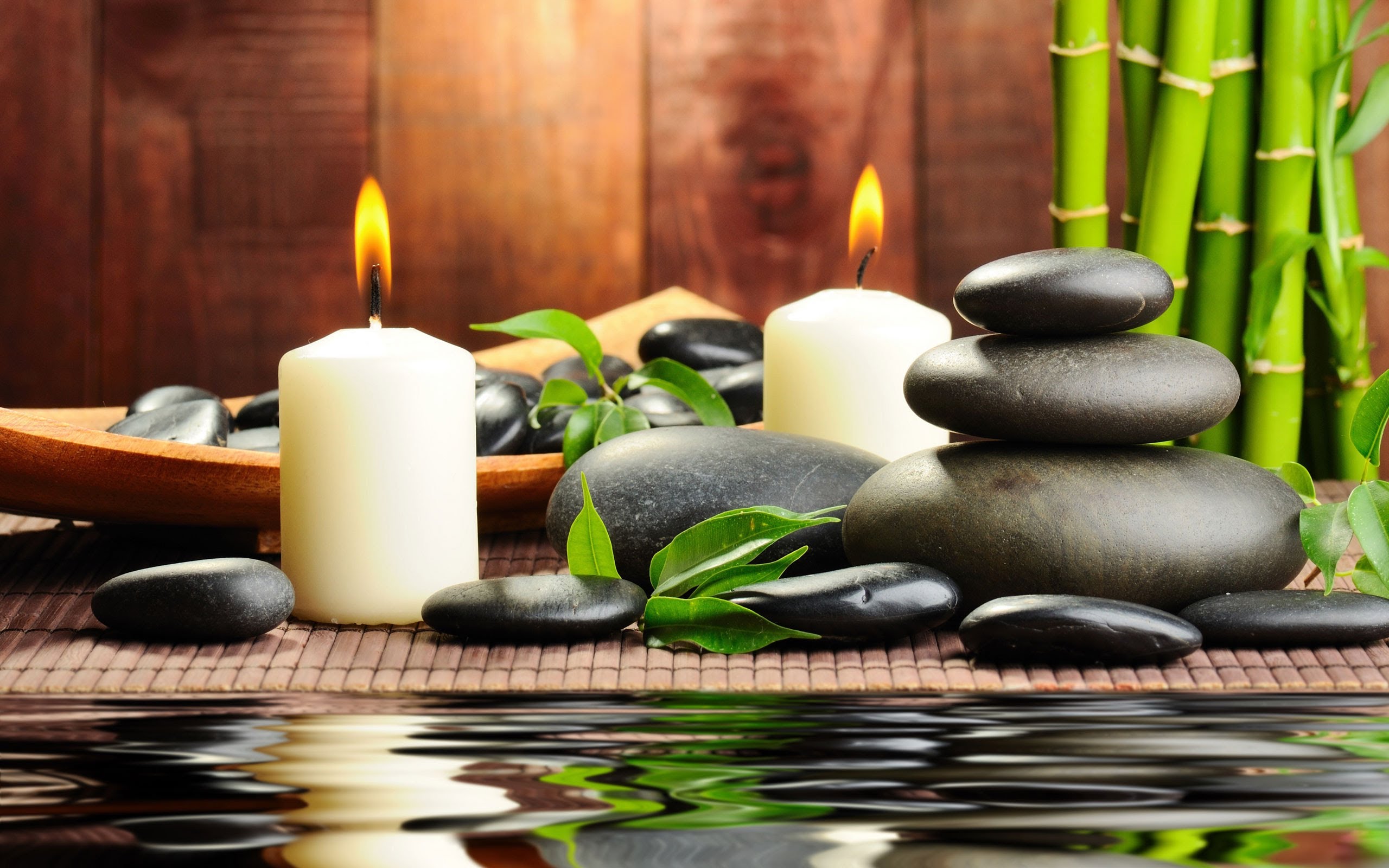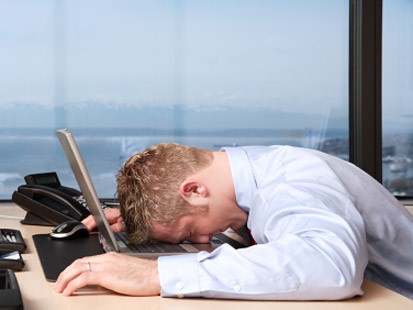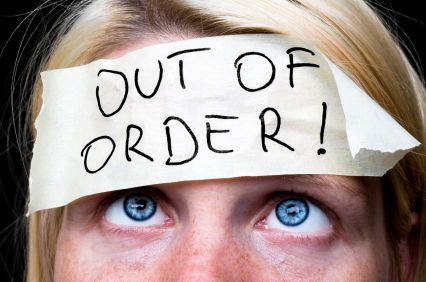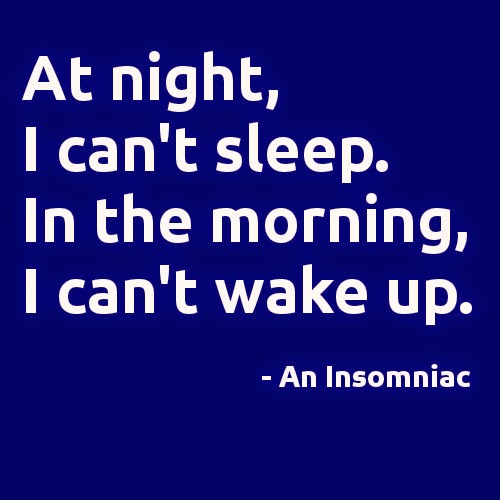I have a confession to share. I really struggled to find a topic for this last post of Month 3, on “Sleep”. Especially since there’s only so much to write about “it” before I run the risk of putting you to sleep. I almost settled on writing about dreams. Like, what do they mean? What can we learn from them? And where do nightmares come from?
My research led me to a ton of information. Unfortunately, it included a lot of “noise”. Like websites trying to sell their dream interpretation services and dream dictionaries. Along with a bunch of other stuff. I guess I should’ve expected this since dreams are such an abstract topic.
My prep led to a serious dose of writer’s block and had me scrambling. This forced me to make a decision.
I believe that we’ve thoroughly covered the topic on “Sleep” over the first four weeks of March. So here’s what I decided on. For this final week of Month 3, we are going to pivot. And instead of covering dreams, or something else sleep-related, we are moving on and I will introduce Habit #4, which is another vital step on your health & wellness journey.
But first, let’s recap what we’ve covered so far:
- Habit #1 (January) – Water
- Habit #2 (February) – Exercise
- Habit #3 (March) – Sleep
- In this 5th week of March, we will kick off Habit #4 – Eat Clean
So what exactly is eating clean? Here’s my interpretation.
Eating clean is eating foods in their natural state. Or as close to their natural state as possible. This includes fruits, vegetables, chicken, fish, lean meat, eggs, nuts & seeds, and whole grains. Less additives like heavy sauces, high calorie creams or other fat-laden toppings.
For example: grilled chicken with steamed broccoli, a baked potato and a salad with olive oil & vinegar (or lemon juice). Looking at it from a more general “macronutrient” perspective, it’s lean protein, fibrous complex carbs, and healthy fats.
Eating clean means avoiding processed foods crap, and all the nasty preservatives that are synthetically infused into already unhealthy stuff, just to extend shelf life. Basically, if it comes in a package with ingredients you can’t pronounce or don’t know the meaning of, just say no and avoid it.
Notice that fast food, chips & dip, pound cake and other baked goods, mac ‘n cheese, cream of broccoli soup, sodas & teas, donuts, and stuff that comes out of vending machines didn’t make my list.
And sorry, but I can’t accept excuses about not having enough time or money to eat clean. Or that you lack the desire to eat clean because you don’t like asparagus or brussel sprouts. I didn’t say it was going to be easy. Clean eating takes more thought than flying on “auto-pilot” and making bad, unconscious and unhealthy choices. But don’t confuse this with being difficult. It’s not hard to eat clean.
You just need to plan in advance. Decide what you will eat tomorrow or for the next few days. Then go buy the ingredients, build in some prep time, and make it. Remember, it’s usually not wrapped in a ready to eat package. And it’s definitely not purchased through a drive-thru window. Learn to enjoy the process.
You can prep or “batch – cook” to save time. Like grilling extra chicken for the week, or slicing extra raw veggies and storing in zip lock bags to grab on the run for the next few days.
Eating clean may also include minor tweaks to your current eating habits. Like eating out less, cutting back on your sugar and sodium intake, and foods that contain white flour. It may include paying attention to other things that could be sabotaging your new initiative. Like late night snacking (my challenge), emotional eating patterns, or mindless binges where you polish off a bag of chips or a box of cookies in 10 minutes. And then wonder what the hell just happened.
Eating clean is a deliberate action on your part that’s crucial to your good health. It’s high quality fuel for your mind and body. You have a choice. You decide what you eat, and what you don’t. Eating clean may require more conscious effort and planning for you in the beginning. But over time, it becomes a discipline that evolves into a healthy lifestyle.
Eating clean is YOUR responsibility! It’s up to you. And it matters!
I hope this makes sense. Over the next month, we will unpack this in more detail. But in the meantime, what 3 things can you do over the next week:
- Remove all junk food. From your house, car, desk…
- Minimize your sugar intake (or eliminate it if possible).
- Go grilled, not fried.
Remember, we are building new habits here, but we are also eliminating the unhealthy ones too. There’s no quick fix. This will take some time which is why we are focusing on ONE new healthy habit per month. So pick something new and focus on daily improvements.
Thank you for sharing your time with me. I’d love for you to let me know what you think by leaving a comment. Is the content valuable and helpful? Did anything resonate? Will you take action? What else would you like to see in future posts?
If you know someone that can benefit from this content, I’d be eternally grateful if you would share this with them. And if you like what you see, you can SUBSCRIBE for automatic updates, LIKE US on Facebook, and spread the word about www.thin2win.net with your friends, family and social circles.

